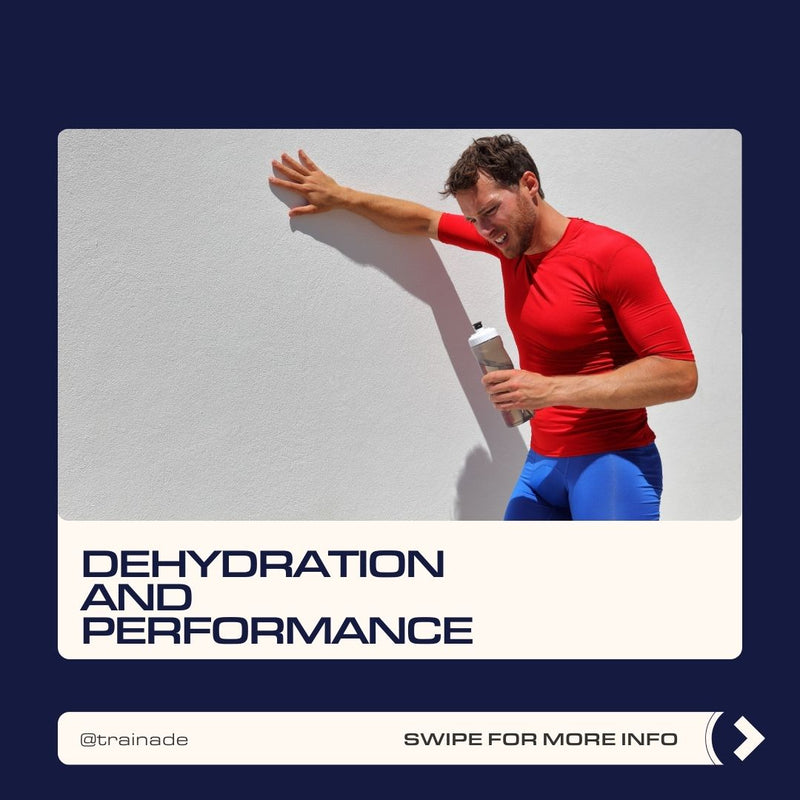What is sweat?
Although we all have a good idea of what sweat is, surprisingly, the composition of sweat is different depending on what part of the body we are sweating from, as well as how we sweat as an individual.
Sweat can come from two type of glands, eccrine glands, and apocrine glands. Eccrine glands produce majority of our sweat and is mainly water with some electrolytes, protein, urea, and ammonia. This type of sweat is generally odorless, and the glands cover the entire body.
Apocrine glands produce the sweat we commonly associate with BO. This is more concentrated compared to eccrine gland sweat and is located under the armpits.
Although the type of sweat gland producing the sweat can make a difference in the composition of our sweat, individual factors also play a major role. Generally, we can divide individuals into ‘salty sweaters’ and ‘non-salty sweaters’.
If you notice salt rings around your cap or black shirt when training, it is likely that your sweat has higher concentrations of electrolytes compared to people who do not have salt rings.
Why do we sweat?
Sweating is incredibly important for the control of our body temperature. This is because as sweat evaporates, the surface of our skin cools which will therefore reduce our total body temperature.
Sweating can occur therefore in anything which increases our body temperature such as a hot environment, physical exercise, and fevers.
Sweating can also occur when our body perceives heat such as when we are stressed or nervous, or when we eat spicy foods.
Why is it important to replace what we lose in sweat?
Because sweating is so important for regulating our temperature, replacement of sweat is a must, especially when exercising. Ensuring our body temperature is in check when exercising or outdoors is vital for performance. This is because increased internal temperature can lead to reduced muscle function.
Ensuring we can regulate our body temperature appropriately can also help avoid overheating symptoms such as heat exhaustion.
How can we make sure we are staying hydrated when we sweat?
Sweating, especially during intense exercise, can lead to a lot of water and electrolyte loss with some individuals sweating up to 1.5L per hour.
Some basic strategies to ensure we are staying hydrated is to keep a water bottle with electrolytes with you throughout the day and during exercise. If you have intense exercise during the day, it will also be beneficial to calculate your sweat rate in order to ensure you are hydrating efficiently.
To calculate your sweat rate, weigh yourself before and after training while also factoring in how long you trained for, as well as how much water you have drunk during the session.




